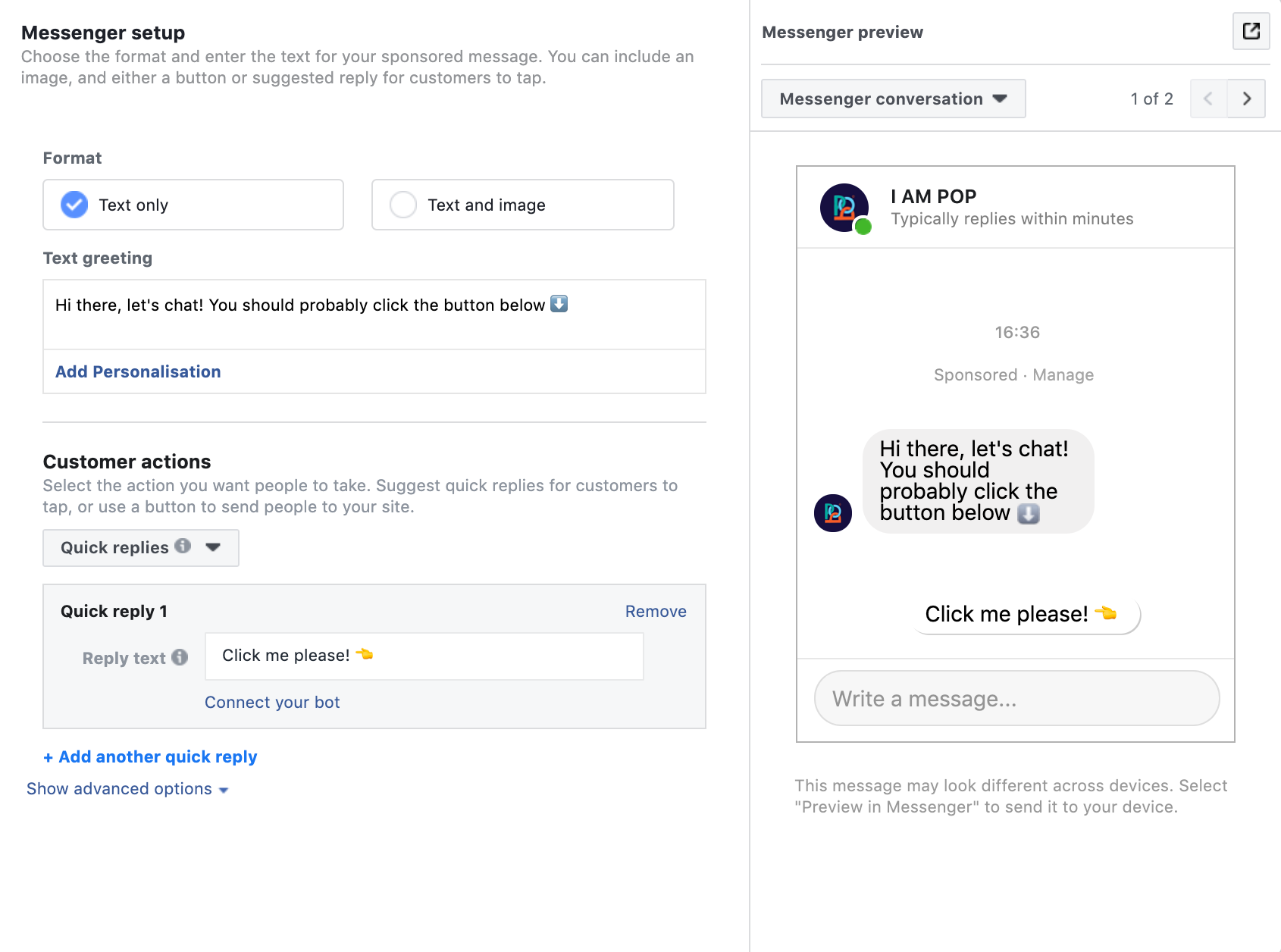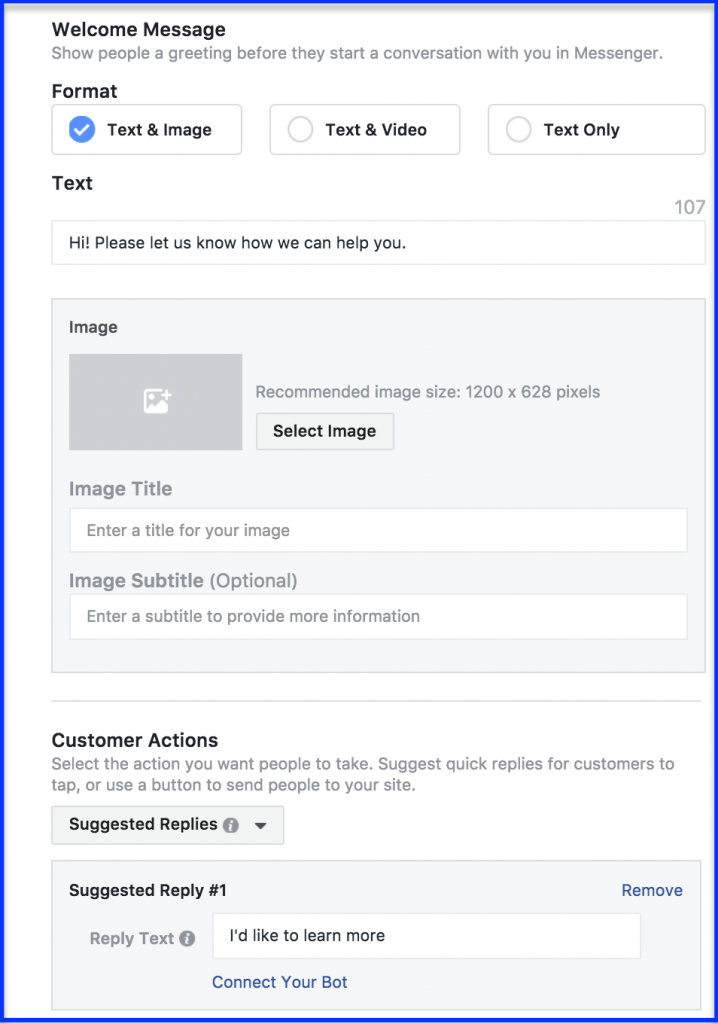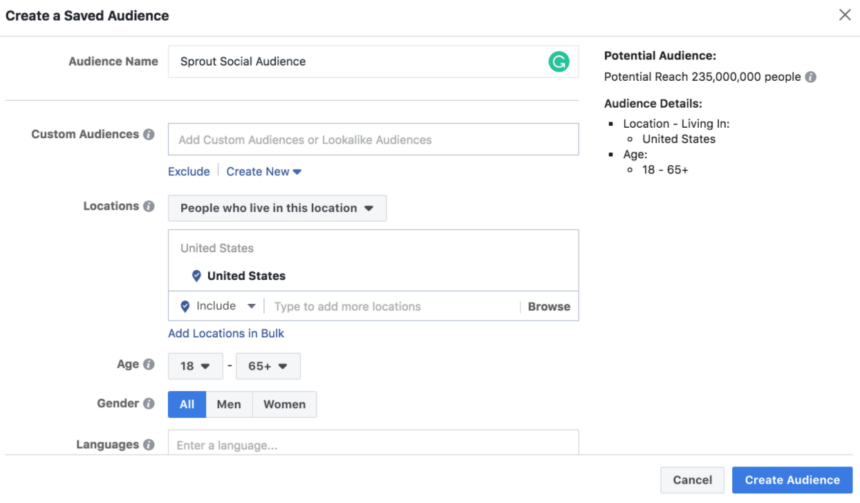In the ever-evolving landscape of digital marketing, sponsored messages have become a vital tool for businesses to reach their target audiences effectively. With advanced targeting options available across various platforms, advertisers can tailor their messages to specific demographics, interests, and behaviors. Understanding who you can target with sponsored messages is crucial for maximizing the impact and efficiency of your marketing campaigns.See Optimalmk detailed information below.
What are sponsored messages?
Sponsored messages are a form of advertising where companies pay to have their promotional content delivered to an audience. These messages are typically clearly labeled as sponsored or advertising content to differentiate them from regular, non-promotional content. Some key characteristics of sponsored messages include:
- Paid placement: Advertisers pay for their message to be distributed.
- Targeted audience: Often aimed at specific demographic groups or users with particular interests.
- Various formats: Can appear as social media posts, email newsletters, podcast segments, website banners, or native advertising that blends with regular content.
- Disclosure: Usually labeled as “sponsored,” “ad,” or “promoted” to comply with advertising regulations and maintain transparency.
- Goal-oriented: Designed to promote products, services, brands, or ideas.
- Platform-specific: Different platforms (e.g., Instagram, YouTube, news websites) may have unique formats for sponsored content.
Sponsored messages are a common way for content creators, publishers, and platforms to monetize their audience while providing advertisers with access to potential customers. Would you like me to elaborate on any specific aspect of sponsored messages?

Who can you target with sponsored messages?
Sponsored messages can be targeted to a wide variety of audiences based on various factors. Here are some common targeting options:
- Demographics:
- Age
- Gender
- Income level
- Education
- Occupation
- Marital status
- Geographic location:
- Country
- State/province
- City
- Zip code
- Radius around a specific location
- Interests and behaviors:
- Hobbies
- Shopping habits
- Online browsing history
- App usage
- Travel patterns
- Device and platform:
- Mobile users
- Desktop users
- Specific operating systems
- Particular social media platforms
- Purchase history:
- Past customers
- Frequent buyers
- Abandoned cart users
- Lookalike audiences:
- People similar to existing customers or followers
- Custom audiences:
- Email lists
- Phone numbers
- User IDs from your website or app
- Life events:
- Recent moves
- Graduations
- Marriages
- New parents
- B2B targeting:
- Company size
- Industry
- Job titles
- Retargeting:
- People who have interacted with your website or ads before.

Different platforms (e.g., Facebook, Instagram, LinkedIn, Google Ads) offer varying levels of specificity and options for targeting these attributes.
In conclusion, the ability to target specific audiences with sponsored messages offers businesses a powerful means to connect with potential customers. By leveraging demographic data, geographic location, interests, behaviors, and other targeting criteria, marketers can ensure that their messages reach the right people at the right time. This precision in targeting not only enhances the effectiveness of marketing efforts but also contributes to a better return on investment, making sponsored messages an indispensable component of modern digital marketing strategies.
Contact Info
You need a Facebook advertising account but don’t know any reputable provider. Coming to
Rentfb is where you will experience what you need casino facebook ads prestige, high trust, and professional consulting and service support for customers.


